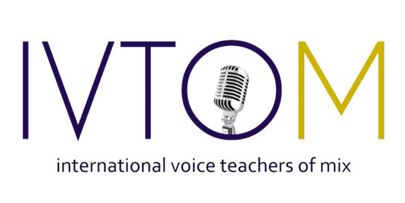The Question of “Support”
Weekly Teaching Tip – Nov. 12, 2012
Question: Reading Richard Miller he talks about “appoggio” which to me is support. Not pushing but some kind of engagement. The muscles of inspiration maintaining the ribs in an expanded position . Some singers need to relax more but many more, in my opinion, need to understand how to “energize” using the intercostals. The muscles that jam up the voice and provide too much air pressure are the lower abs.
I wonder if the “no support” idea is another instance of the pendulum swinging too far. Thoughts?
Answer: I think that there is a big difference between “no support” and “don’t support”. I don’t think anyone in their right mind would ever suggest that you don’t need support. However, the most important function of support is holding us standing upright, not in singing. I think the biggest issue is, “what is the proper support and how is it attained?” I think that the usual problem in much of the vocal world is not too little support however, but too much support. Much of the vocal world attributes many vocal problems to better breathing and getting more support and this just isn’t true. As a result, it is natural to have a backlash that support or breathing are not important. On the contrary, issues like breathing, support and posture are very important; however, not in and of themselves, but as part of the whole picture of proper balance and coordination. As such it is natural that people would “go the other direction” and totally “under emphasize” breathing and support, etc.
With the idea of “Don’t support” the concept is that the vocal folds are the boss and they should call upon the support necessary, instead of the abdomen being the boss and driving the sound. The concept of ‘support’ is a valid one, but most people think of it backwards. When a singer tries to support from the diaphragm there is too much force and too much pressure for the vocal cords to fight against. So, if the singer focuses on proper vocal cord closure, the right amount of support is provided. When the cords come together the abs tighten up a little, just the right amount. But if you deliberately tighten the abs the contraction is too heavy and the vocal folds are forced together which causes the singer to hang onto too much muscle which then encourages the singer to hang onto too much vocal cord, or too heavy of a vocal cord rather than letting it thin to the proper coordination.
Part of what you are speaking about (the expansion of the rib cage) is more about posture than support. Posture can be helpful to good singing, but again, it is not the most important factor. After all, look at Verdi’s “Rigeletto” opera. The hunchback must sing the entire opera bent over. The preferred condition for good singing would be upright, shoulders back, chest up, buttocks under. This allows the diaphragm to drop and the lungs and chest to expand. However, it is said that the famous German Opera singer Fritz Wunderlich was not a “good breather”. He took his breath quite high so that his shoulders lifted, yet he was still a great singer.
As always, what is the most important thing in singing is what is happening in the vocal tract, both physiologically (with the vocal folds and muscles) and acoustically (with the vowels). When the areas of the vocal tract are functioning properly, the entire body works as it needs to in order to produce great sounds.
As my father always said…”Moderation in all things!!”

